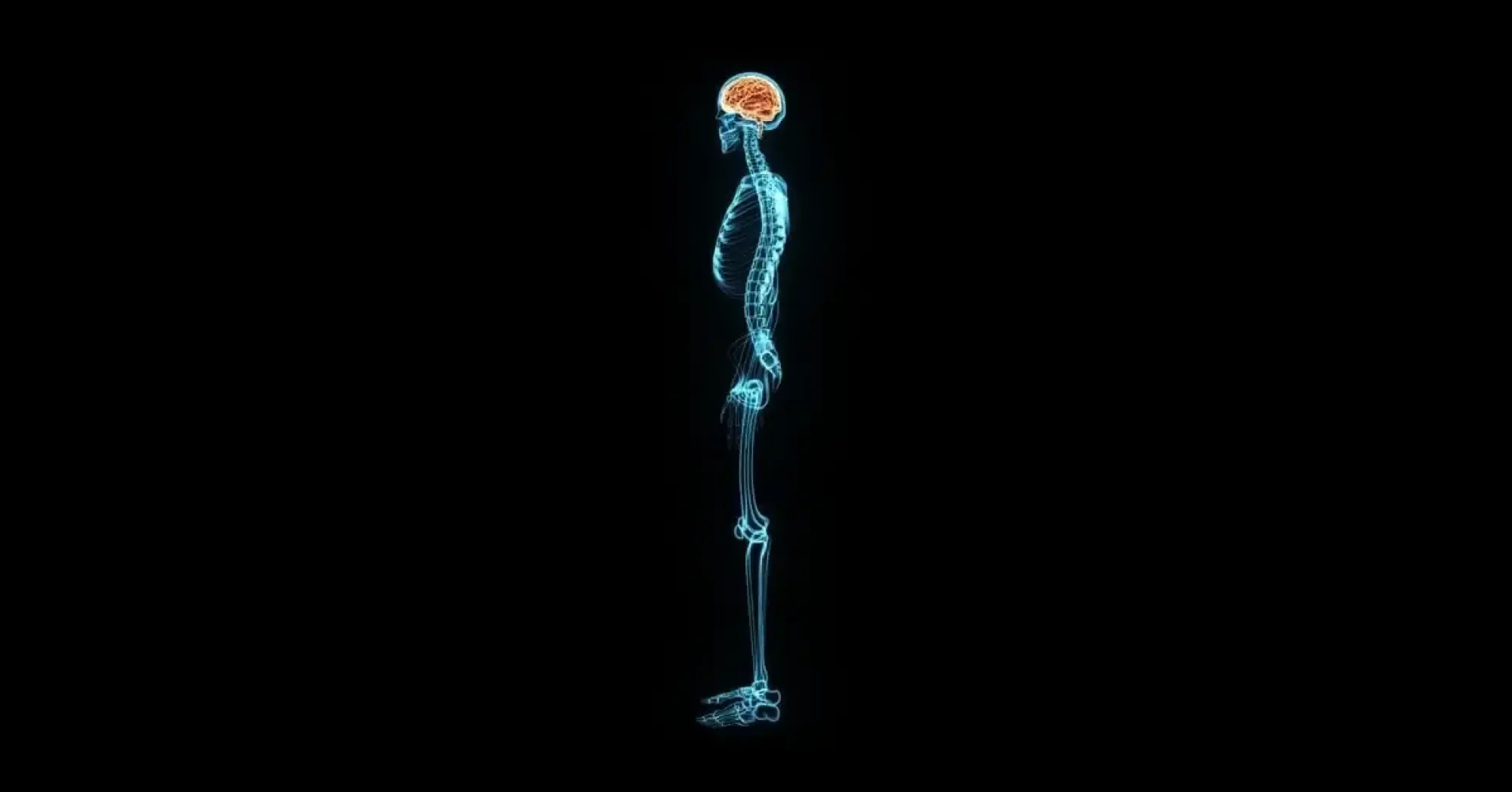Diagnosing Migraine
Overview
With over 39 million people living with migraine and other severe headache disorders in the U.S., primary care providers are often the first point of contact for patients. Our experts outline the burden and epidemiology of headache disorders. You will also learn how to diagnose migraine as well as identify common migraine variants and other headache disorders.
Podcasts

Asking the Right Questions to Diagnose Migraine
Dr. Brian Plato explains how providers can diagnose migraine through a systematic set of questions to feel confident in their diagnosis.

Headache Management over Telemedicine
Dr. Robblee shares tips for preparing a patient for a virtual visit, conducting a neurological exam over video, keeping patients out of the emergency room and more.
Videos

Headache 101 with Dr. Andrew Hershey
There are a number of aspects that Andrew Hershey, MD, PhD, FAHS, counsels his patients on when they see him for headache treatment. In this video, he discusses the basics of headache diagnostics and treatment, and how to explain them to patients.

Migraine Symptoms on Non-headache Days
Patients with migraine often experience headache-like symptoms during the period between headache episodes, known as the interictal state. Juliana VanderPluym, MD, FAHS, shares how interictal state symptoms fit into the larger picture of life with migraine for some patients, and what we know about treatment options.
Recent News & Research

Red Flags in Headache—What if it isn’t Migraine?
When a patient presents with headache symptoms, the cause of their pain—and the related diagnosis—isn’t always clear. What red flags should you look for, and how can you distinguish which type of headache your patient is experiencing?

Research Summary: Quality Improvement in Neurology – Headache Quality Measurement Set
To provide an update for quality measures for headache, first published by the American Academy of Neurology in 2015, that were created to provide a standard to measure and improve care for patients with headache disorders.

Infant Colic and Maternal Migraine Linked in New Study
The causes behind infant colic—excessive crying in an otherwise healthy infant—are not known despite the condition’s common nature. But Amy Gelfand, MD, FAHS, of the University of California at San Francisco and her colleagues found a link between maternal migraine and increased chances of infant colic.

Headache 101 with Dr. Andrew Hershey
Andrew Hershey, MD, PhD, FAHS, walks through the characteristics of headache and how to classify them

From the Journal: The Prevalence of Migraine and Severe Headache
Migraine and severe headache are leading causes of disability throughout the United States. In order to ensure that newly developed treatments are made available to those most commonly affected by these debilitating head pain disorders....
Additional Resources
How to Diagnose Migraine
Flowchart: Diagnosing and Treating Migraine
What is Migraine? An Overview
Migraine Variants
Chronic Migraine Infographic
General Migraine Infographic
Women and Migraine Infographic
Sinus Headache: Does it exist?
New Daily Persistent Headache
Menstrual Migraine: New Approaches to Diagnosis and Treatment
Patient Resources

What Is Migraine?
What is migraine? Learn about the symptoms, causes and treatments of this disabling neurological condition affecting more than 39 million Americans.

How to Explain Migraine
We asked our Move Against Migraine community to share exercises and analogies they find useful when they try to explain migraine to others.

Modeling Migraine Conversations
Here are some tips to navigate migraine conversations to help you prepare to be your own best advocate at work, school or home.

Impact of Migraine: Explaining Your Migraine to Your Children
Explaining migraine to your child is important to help them understand what their parent is going through. Here's a guide to get you started.

Why Do I Have Migraine?
Dr. Andrew Hershey outlines migraine’s contributing factors and what you can do to prevent a migraine attack.

Common Types of Migraine and Related Symptoms
Find out about the common types of migraine and their related symptoms from Dr. Nada Ahmad Hindiyeh in this Facebook Live recap.

Over-the-Counter Medications vs. Prescription Medications
Find out whether over-the-counter medications or prescription medications are better for treating your migraine symptoms.

How Gepants and Ditans Complement Existing Therapies
Gepants and ditans are the latest treatments for migraine. Read more on how these treatments complement and differ from existing therapies.

What to Do When Migraine Treatment Fails?
While it can be extremely frustrating to try one treatment after the next, there is hope for those living with migraine to find relief.

The Facts About Migraine
Find out more on the facts about migraine with this handy guide on the disease provided by the American Migraine Foundation.

Migraine Without Aura
About 70-75% of patients with migraine do not experience aura. Learn more about the diagnosis, treatment and phases of migraine without aura.

What It's Like Getting Diagnosed with Migraine
Diagnosis can be a lonely process. Hear how Stacy found support.

Frequently Asked Questions About Migraine Symptoms
Have questions about migraine symptoms? We have answers. Learn more about the different signs of a migraine attack, when to seek help, and more.

How Long Does a Migraine Attack Last?
When a migraine attack starts, you might wonder how long it will last and how to treat your symptoms. Learn about the timing involved and when to take action.
